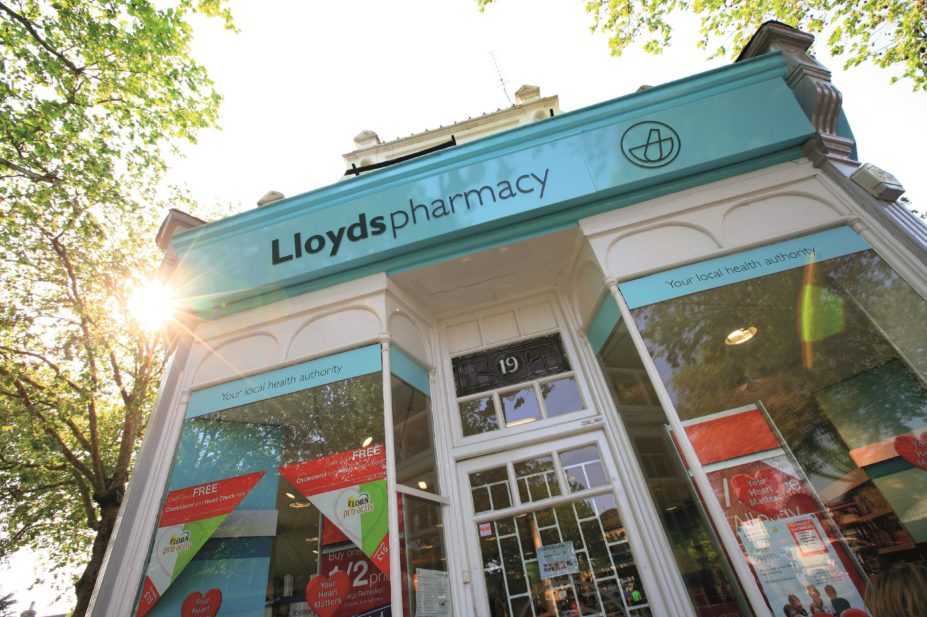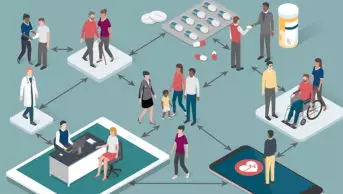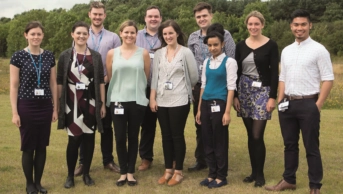
Russell Mills Architectural / Alamy
Lloydspharmacy stores in Liverpool are set to pilot a new model of community pharmacy-based care, as a result of a new research collaboration designed to improve the transfer of patients between secondary care and primary care.
By the end of 2015, it is hoped that the community pharmacies involved in the pilot will be managing the discharge prescriptions and care of diabetes, cardiac and chronic obstructive pulmonary disease (COPD) patients who have been discharged from the Royal Liverpool & Broadgreen University Hospitals NHS Trust.
The proposed pilot follows a tripartite collaboration between the NHS trust, Liverpool John Moores University (LJMU) and Lloydspharmacy, and is thought to be the first of its kind in the UK. “There have been numerous attempts to improve aspects of the discharge process for medicines in the UK, however, these have not made any sustainable difference to patient safety or quality of care. We are delighted to conduct this pioneering research,” says Charles Morecroft, professor of pharmacy education and professional practice at Liverpool John Moores University (LJMU).
The collaboration has also led to the creation of a Centre for Pharmacy Innovation, based at LJMU.
Work at the centre will initially focus on a PhD project investigating models of care in the NHS and the continuity care for patients after being discharged from hospital. And two part-time pharmacist teacher practitioners will develop training modules for community pharmacy on discharge care, which will be piloted by Lloydspharmacy.
Costs for the initiative are upwards of £100,000 a year. Lloydspharmacy is providing the funding for both the PhD project and the training modules in an initial two-year deal. The medical conditions for the first three modules — diabetes, heart disease and COPD —have been chosen for their relevance to hospital admissions and readmission volumes in Liverpool.
Alison Ewing, clinical director of pharmacy at the trust, will lead the new centre alongside LJMU’s Morecroft. A programme board with members from all three organisations will oversee the work and source additional funding for further research.
Lloydspharmacy has managed outpatient dispensing at the Royal Liverpool University Hospital since 2009 and, according to Ewing, the arrangement has resulted in discharge times falling from an average of 30–40 minutes to an average of 12 minutes. “It opened my eyes to community pharmacy,” she says, adding, however, that the partnership has also exposed a lack of advanced clinical skills among the community pharmacists, something Lloydspharmacy was willing to address.
“I have felt for many years that community and hospital pharmacists could work better together,” says Ewing. “Of course, funding and IT will need to be discussed if we are to secure wider adoption of the pilot model, but barriers have been too high for too long. The number of beds is decreasing, and there is still far too much waste. There has got to be a better way of doing things.”
Andrew Willetts, Lloydspharmacy healthcare solutions director, sees the research project as a starting point for future academic partnerships “that will drive excellence in healthcare”.

